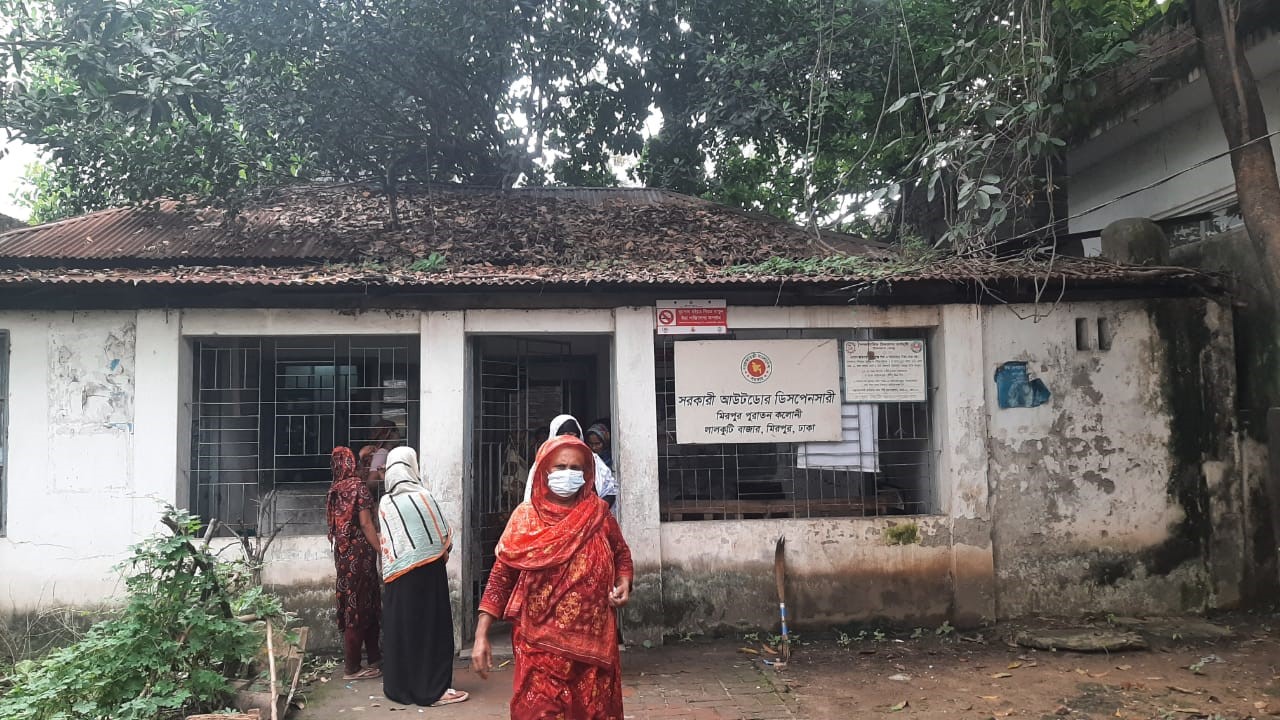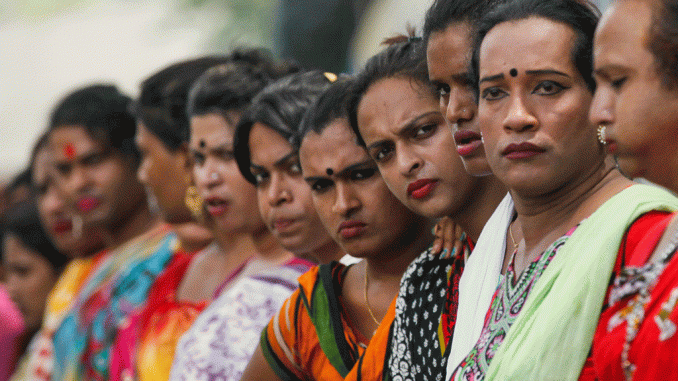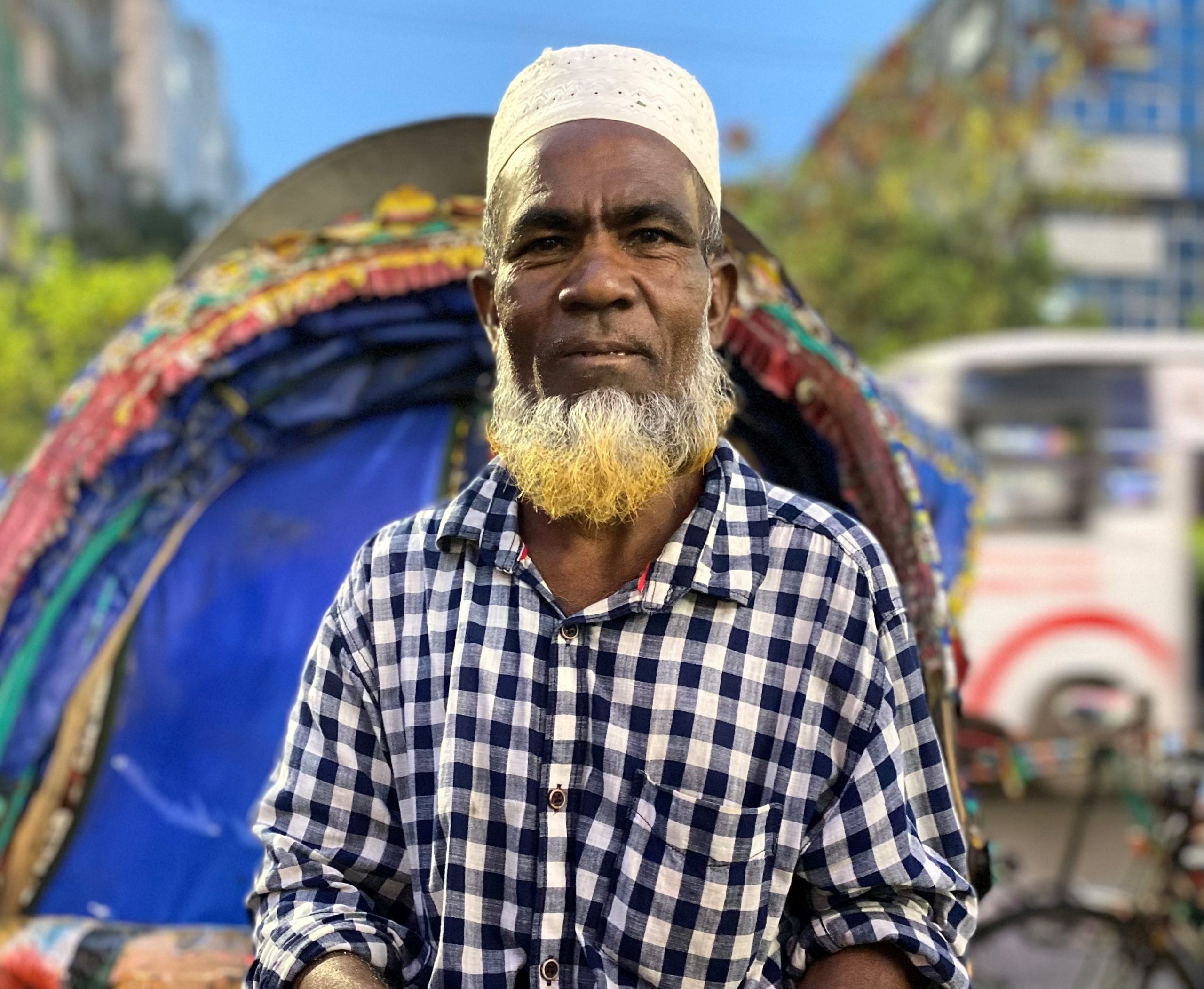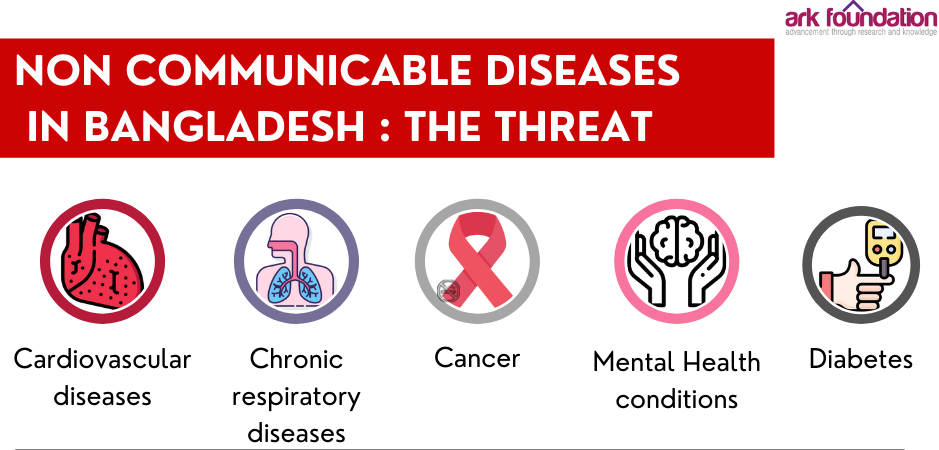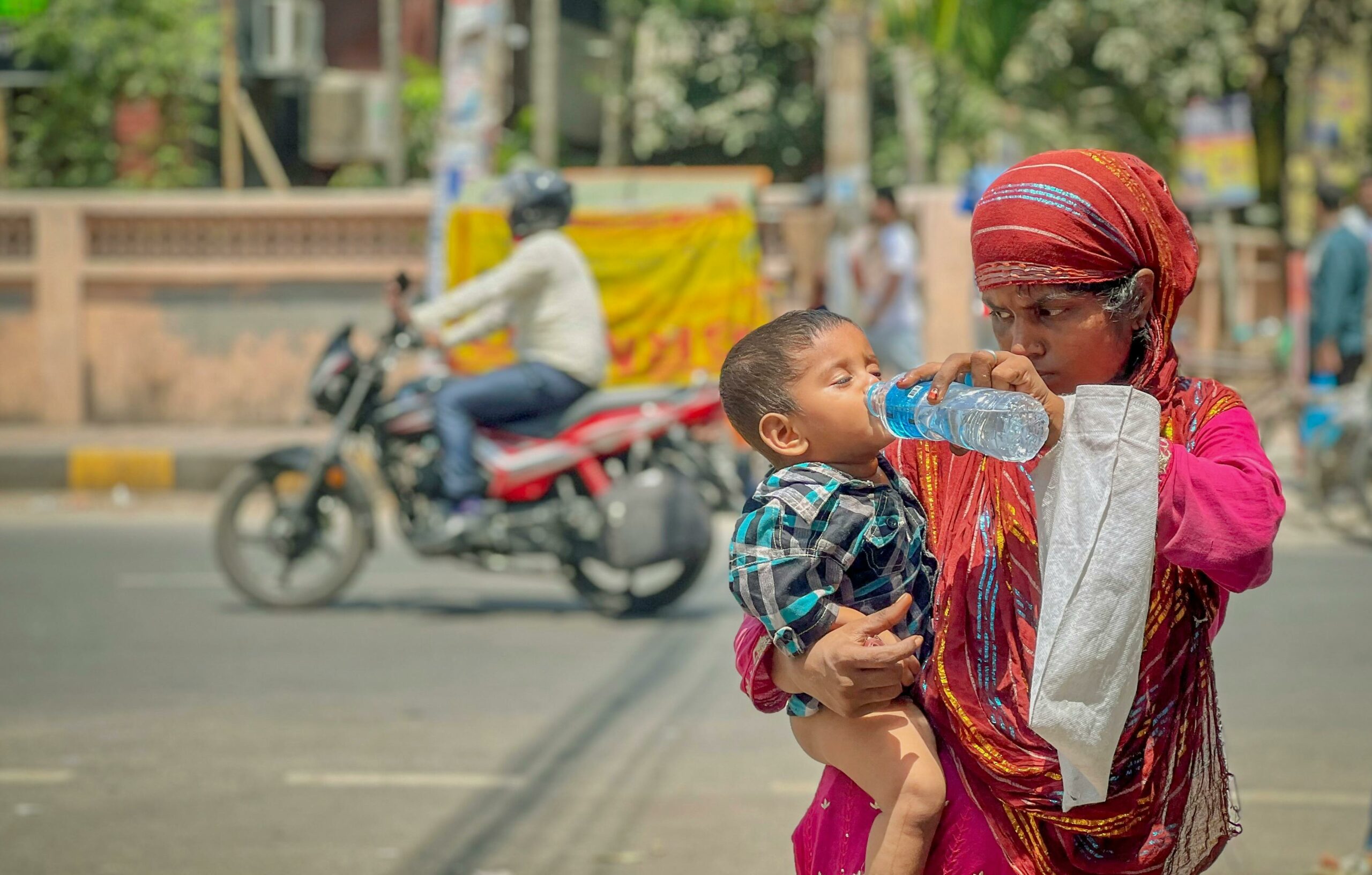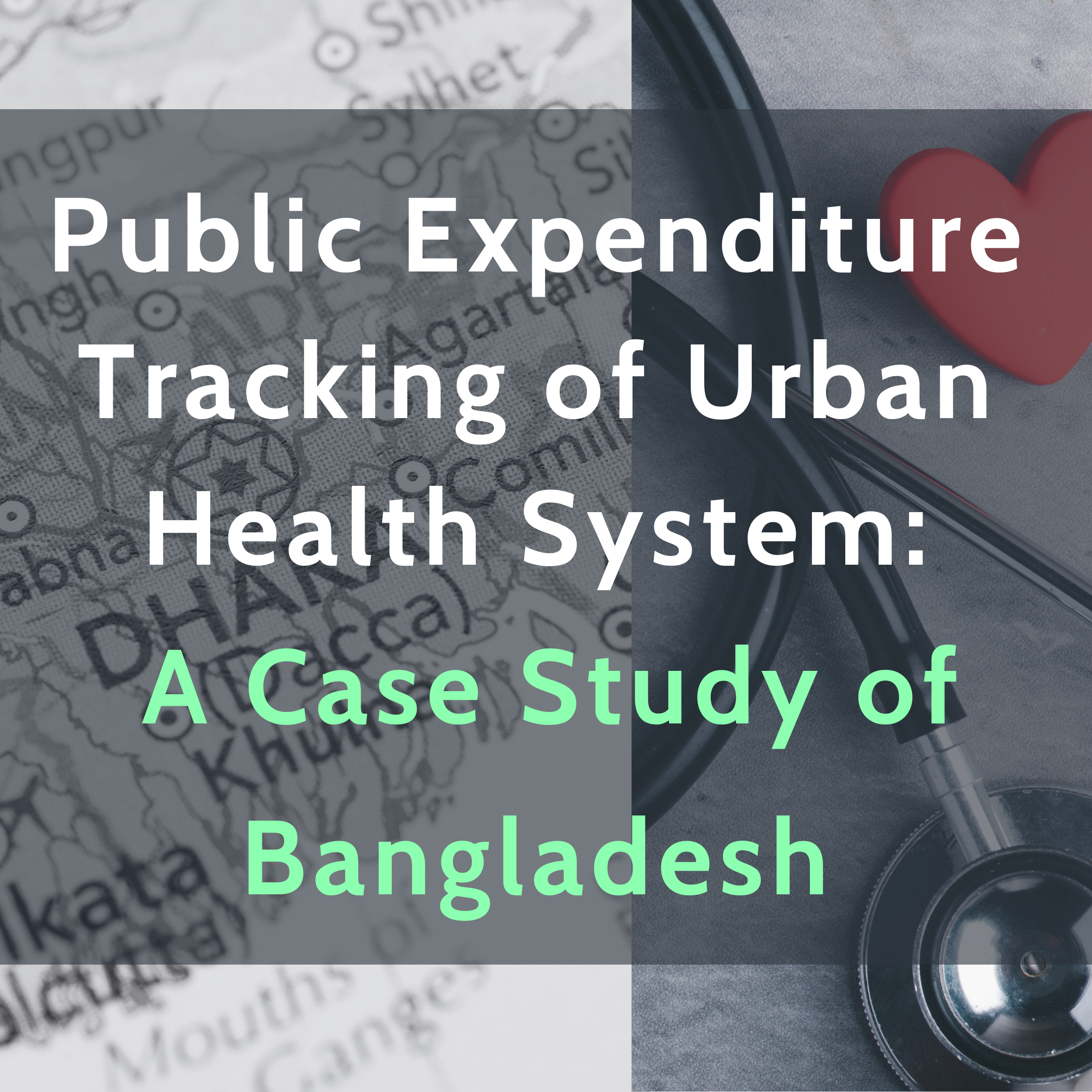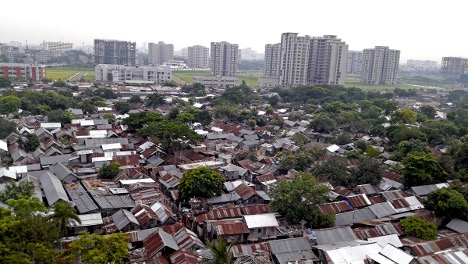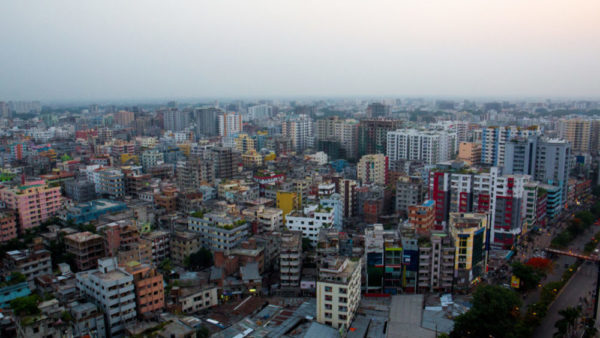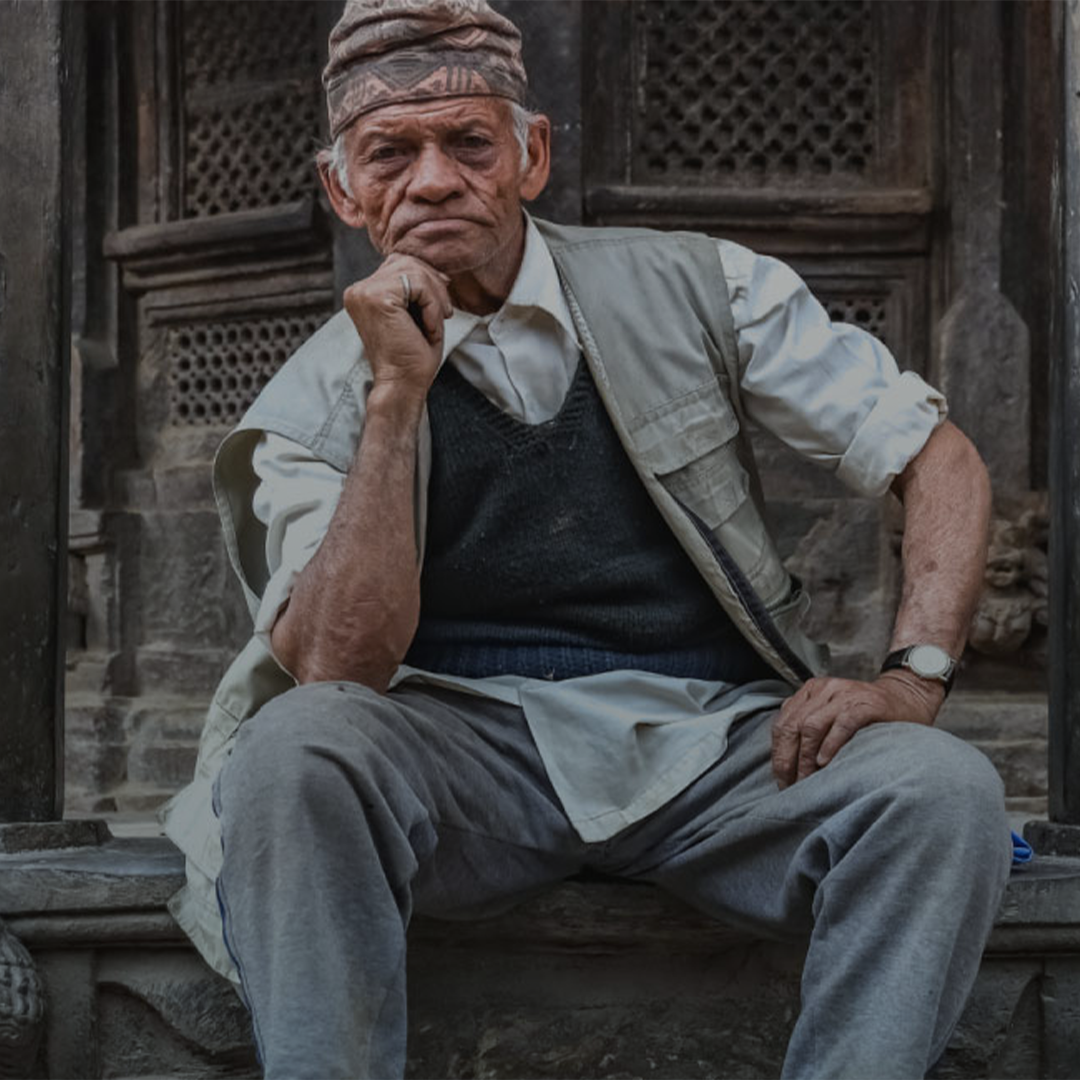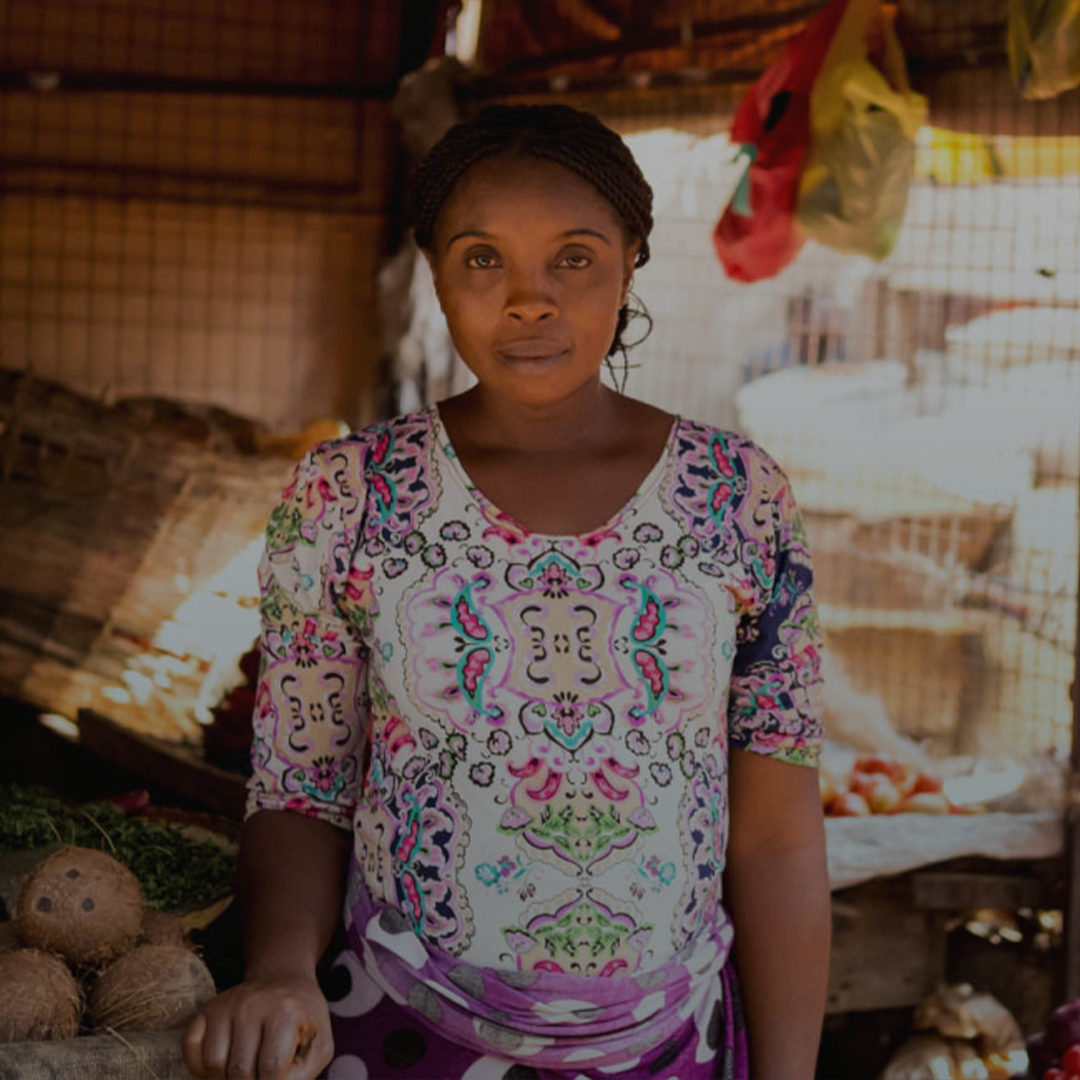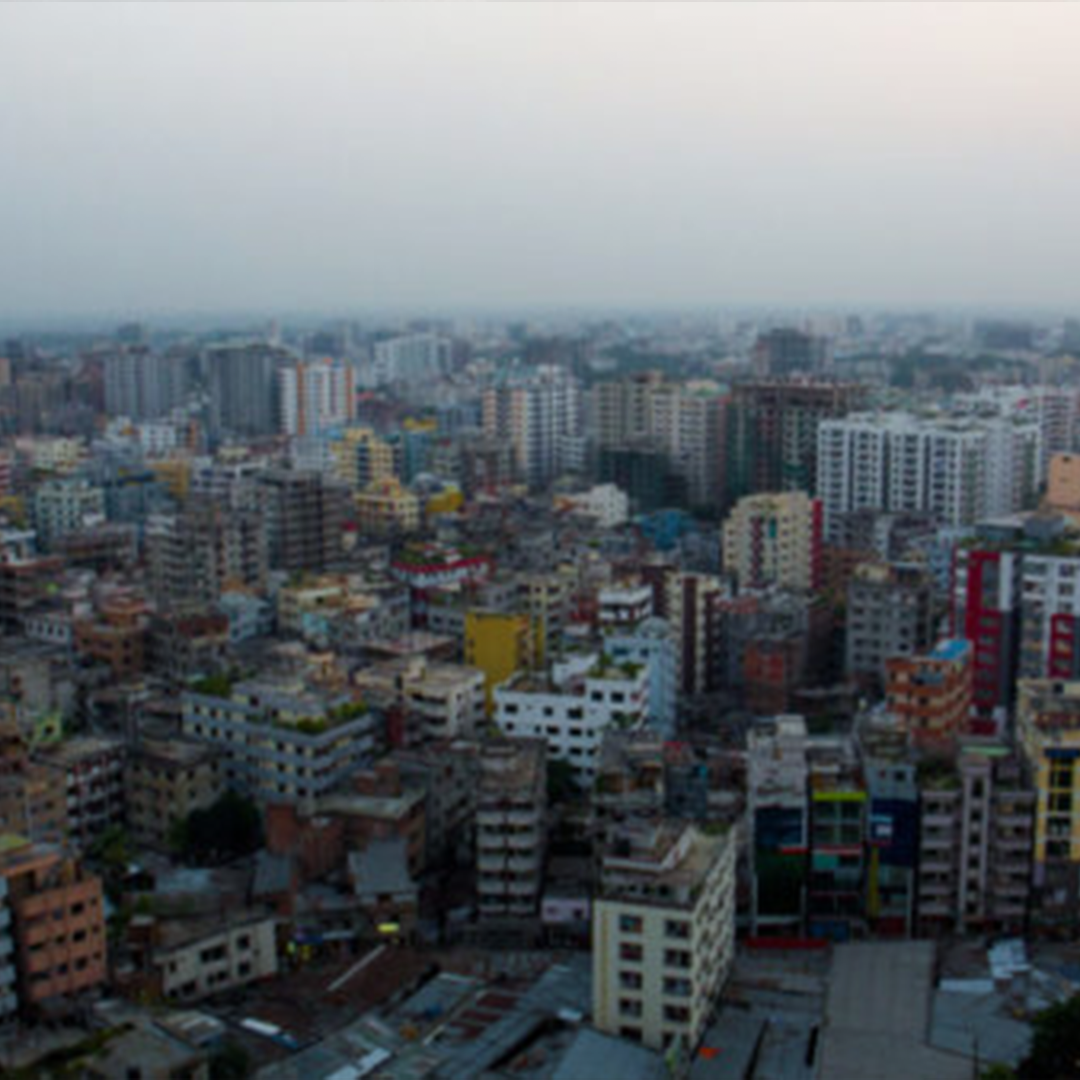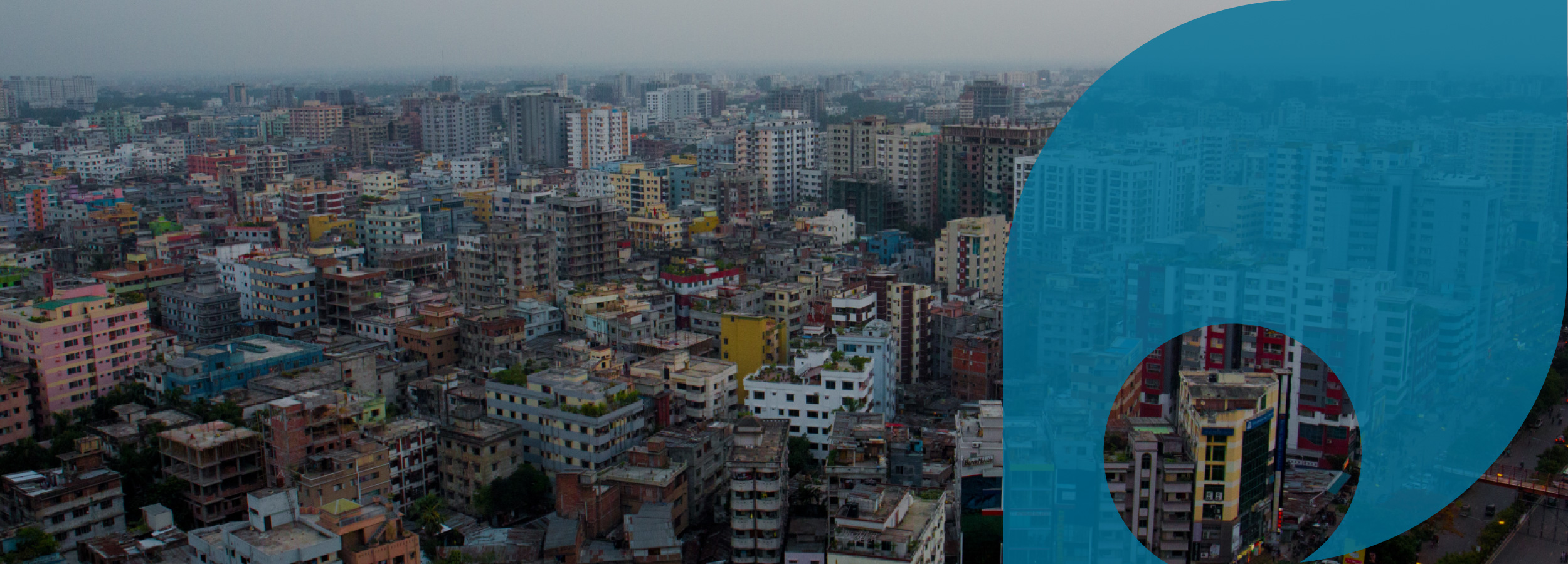
BANGLADESH
Strengthening NCD care for urban poor populations
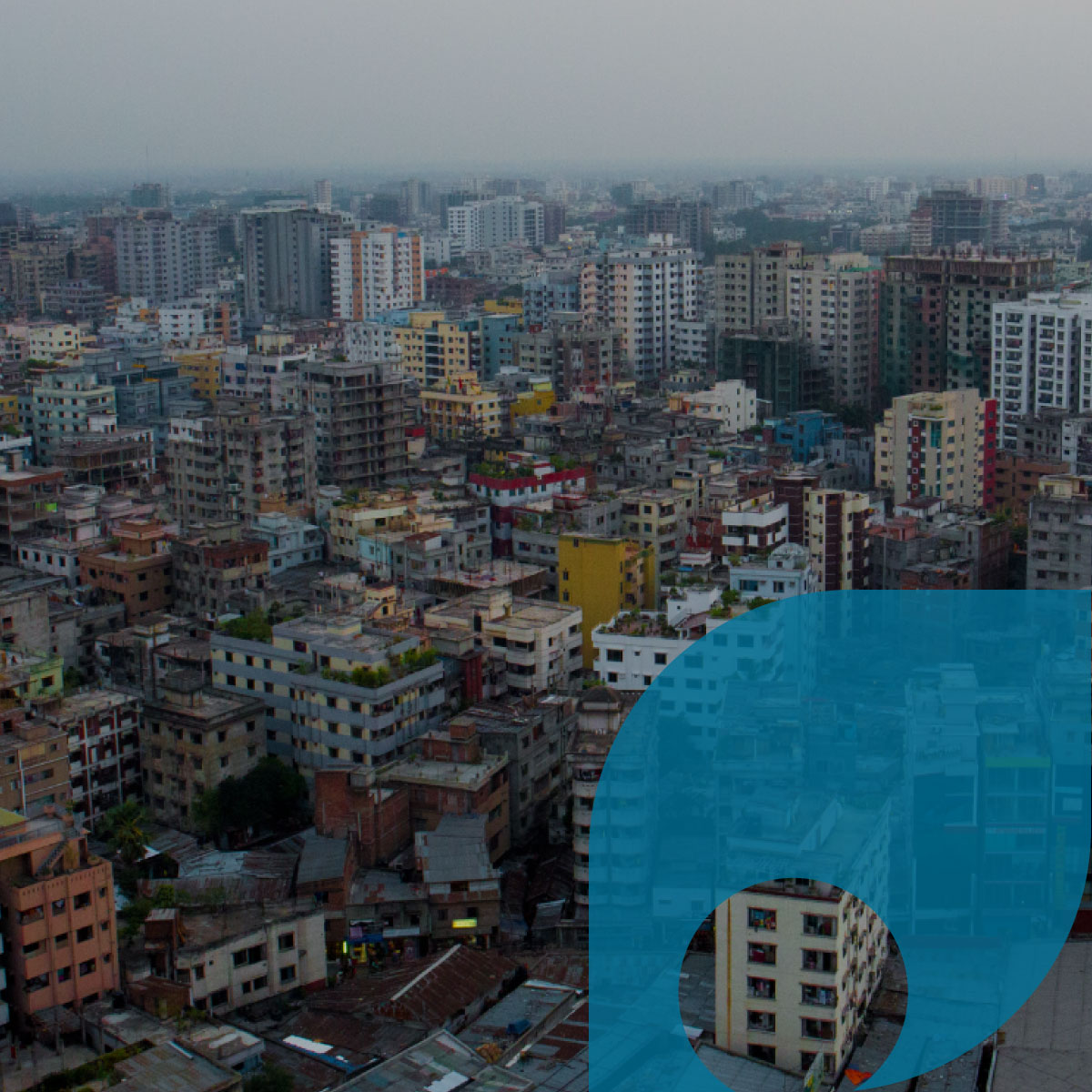
BANGLADESH
Strengthening NCD care for urban poor populations
Strengthening the urban primary health care system to deliver essential Non-Communicable Disease care to the urban poor
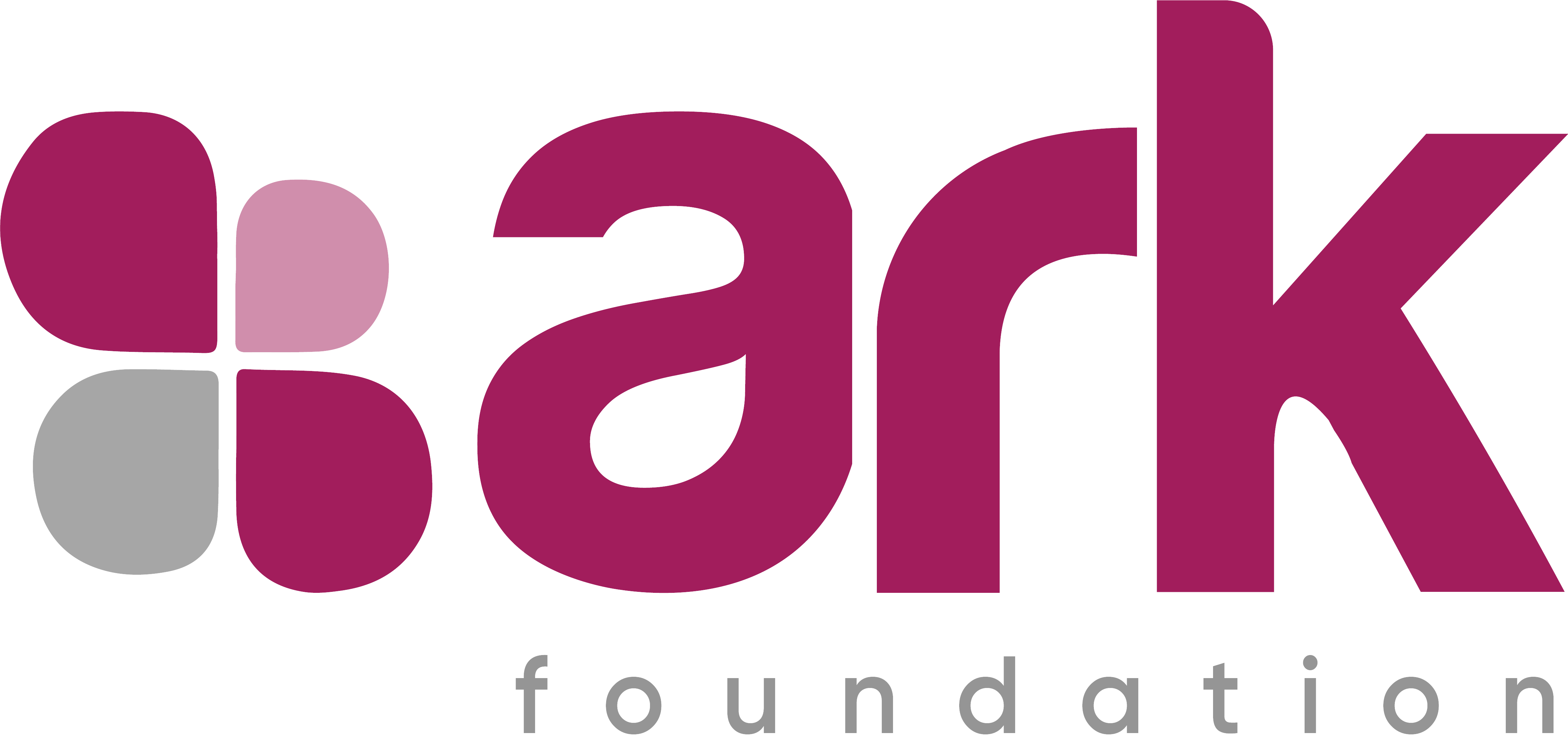
ABOUT THIS PROJECT
In Bangladesh, Non-Communicable Diseases (NCDs) are estimated to account for 67% of all deaths. In low and middle-income countries, urbanisation has been identified as a crucial underlying driver of the increase in NCDs. Rapid growth of the urban population has made the need to reorientate the urban health care system to focus on NCDs urgent. The focus on urban health has yet to be prioritised in policy and practice, and within the urban health system of Bangladesh, NCDs have been neglected. CHORUS, therefore, aims to identify research evidence on the scope, opportunities and challenges in providing NCD care in urban areas to minimise the healthcare gap for the urban poor and reduce the health burden of the urban areas.
There is currently a lack of digitisation and no mechanism of record keeping and follow up of NCD patients, causing a lack of standardised care across urban areas. The CHORUS Bangladesh project aims to strengthen the management of NCDs within the urban primary health care system by integrating the PEN (Package of Essential Non-Communicable Diseases Interventions in Primary Care) and a newly developed Health Management Information System.
The study by ARK Foundation will be conducted in three stages: The first is a needs assessment; the team is working with key stakeholders to understand how NCDs are currently provided in urban primary health centres and among poor urban residents, using Participatory Action Research (PAR), alongside scoping reviews, data analysis and technical framing. The second stage will see the co-creation of the intervention; the CHORUS team will work with health workers and policy makers to adapt a PEN package for the specific urban healthcare context and develop a Health Management Information System (HMIS) to enable integrated data management and improve reporting. The team will also work with residents of urban slum areas to understand the suitability of the PEN and HMIS for specific contexts and how to make it understandable and accessible for urban residents.
The team will explore the nature of gender and equity issues within the urban health system, and by using a gender and intersectionality framework will look at how the intervention can address inequities. The third project stage will assess the effectiveness of the intervention using a randomised control trial. The study will identify barriers and facilitators of implementing the PEN and HMIS platform in the urban primary healthcare centres through a process evaluation which will also enhance the ability to scale up the intervention in other areas.
To implement the project we will be working with:
- Representatives from Non-Communicable Disease Control (NCDC) Programme of Ministry of Health and Family Welfare (MoHFW)
- Representatives from Local Government Division (LGD) of Ministry of Local Government, Rural Development and Co-operatives (MoLGRD&C)
- Chief Health Officer
- NCD specialists
- Gender and Intersectionality specialists
- Facility Manager of the Urban Primary Health Care Centre
- Health care workers, namely Doctors, Nurses, Pharmacists and Lab Technicians
- Patients, Slum dwellers
FEATURED PUBLICATIONS


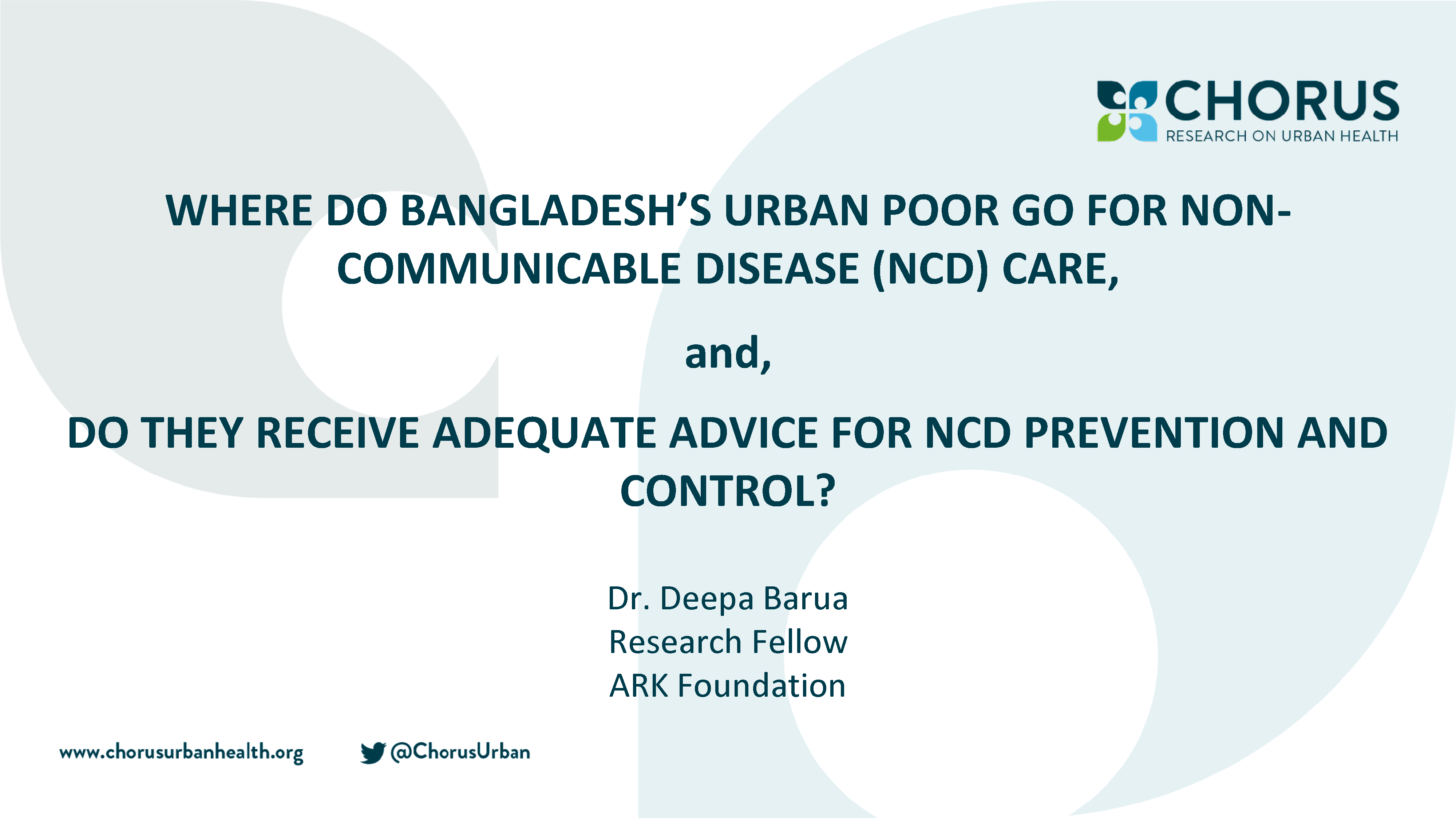
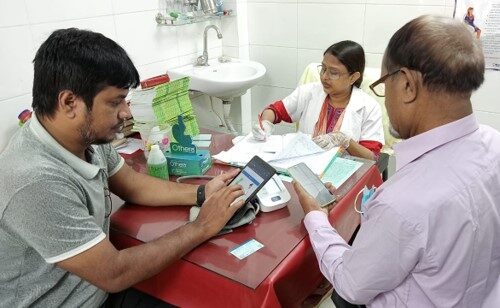
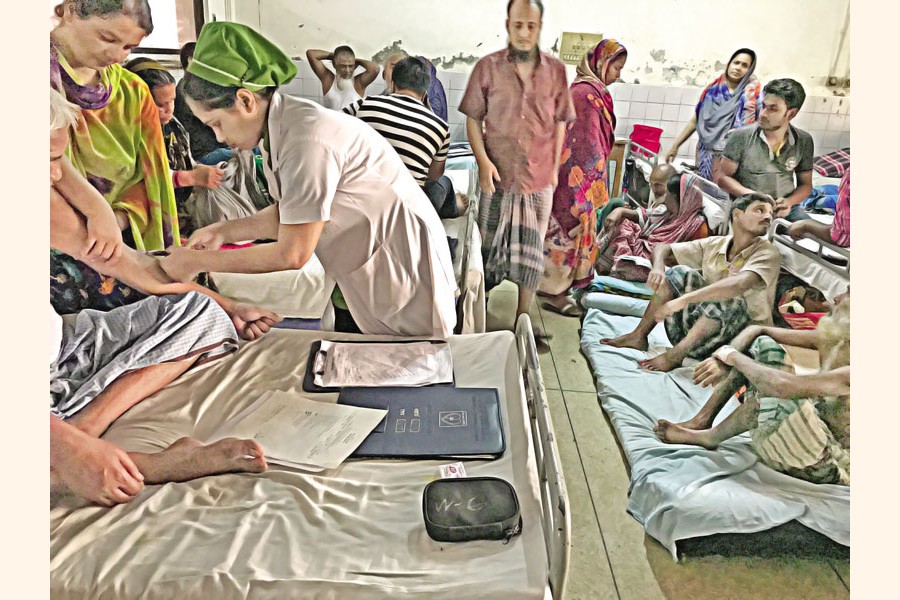
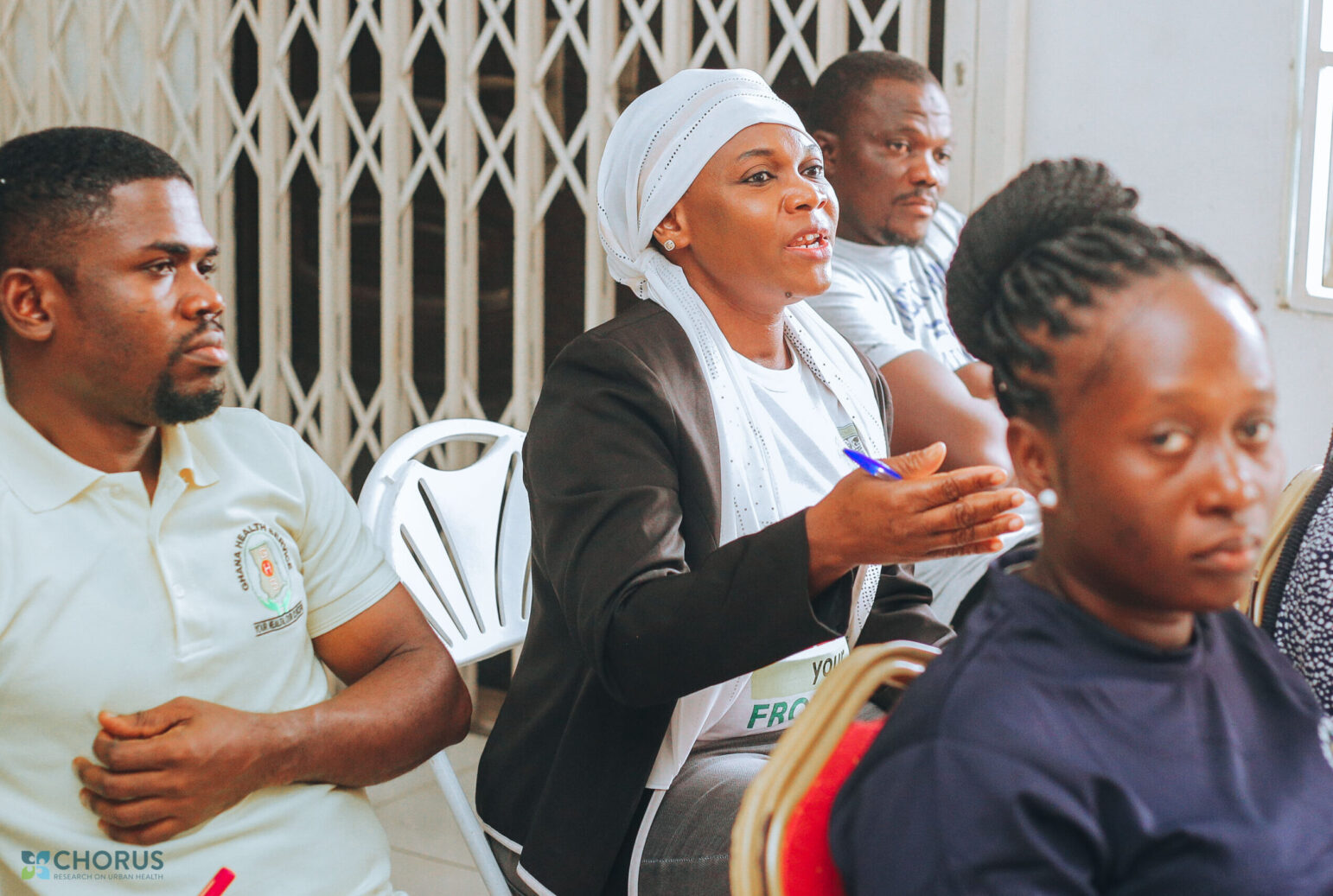
![Picture1[1]](https://www.flawlesstesting.com/wp-content/uploads/2024/08/Picture11.jpg)
